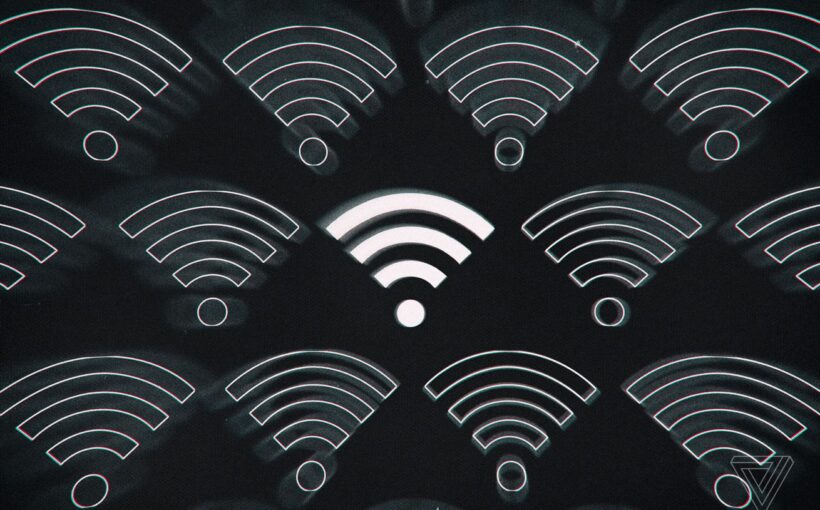
The Senate has voted to confirm Anna Gomez as the fifth commissioner of the Federal Communications Commission, breaking a deadlock that has lasted for most of President Joe Biden’s first term in office. Gomez was confirmed by a vote of 55 to 43, filling out the FCC’s Democratic majority. Her confirmation comes roughly two months after she was advanced out of a Senate committee following her nomination in May.
Gomez has kept a low profile for much of her career. She served as a senior advisor at the State Department’s Bureau of Cyberspace and Digital Policy prior to her nomination; before that, she worked at the FCC, the law firm Wiley Rein, and Sprint Nextel. As a Democratic commissioner, she’s poised to help Chair Jessica Rosenworcel pass parts of the Biden administration’s agenda that have no support from Republican commissioners, particularly restoring net neutrality rules that were rolled back under the Trump administration.
Advocacy groups that support expanded internet access and net neutrality, like Public Knowledge and Free Press, praised the confirmation. “We’ve waited for far too long for a fully functional FCC, and there’s so much crucial work before the agency,” said Free Press co-CEO Jessica González in a statement. Public Knowledge president and CEO Chris Lewis called Gomez “publicly committed to supporting FCC authority over broadband to preserve an open internet and close the digital divide.” Gomez also earned measured praise from telecoms like Verizon, whose senior vice president of federal regulatory and legal affairs, Will Johnson, praised a “wealth of experience in telecommunications policy and a significant record of public service.”
However, Gomez’s confirmation follows a bitter and protracted delay in filling out Biden’s FCC. Biden thrice nominated longtime broadband access advocate Gigi Sohn as the final FCC commissioner, but a Republican dark-money campaign and lackluster support among Democrats saw her confirmation derailed, culminating in Sohn finally withdrawing her nomination earlier this year. Now, there’s limited time before the 2024 election to vote on net neutrality — although at least there’s a full FCC to do it.



